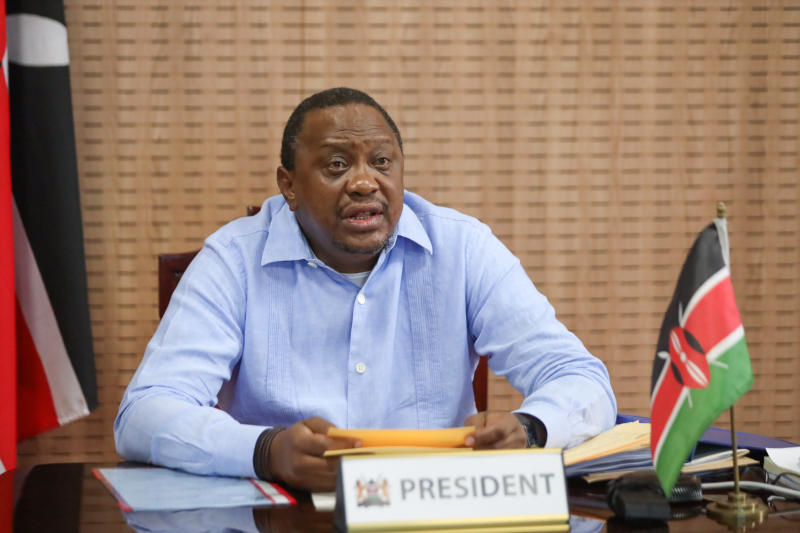×
The Standard e-Paper
Join Thousands Daily

The Industrial and Commercial Development Corporation (ICDC) has emerged as a mega State agency in Kenya’s cargo transportation sector following a major shakeup.
The Government-owned financial institution will now oversee rail, pipeline and port operations, which will be brought together under the Kenya Transport and Logistics Network (KTLN) formed yesterday by President Uhuru Kenyatta through an Executive Order.